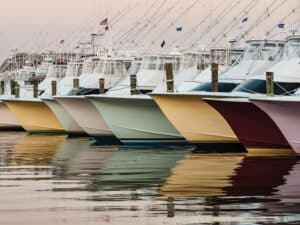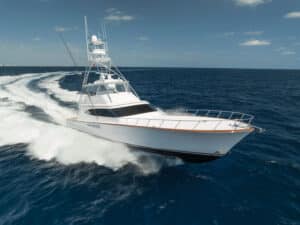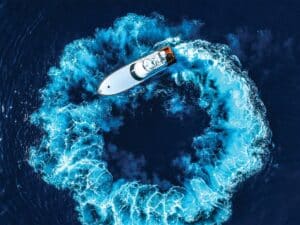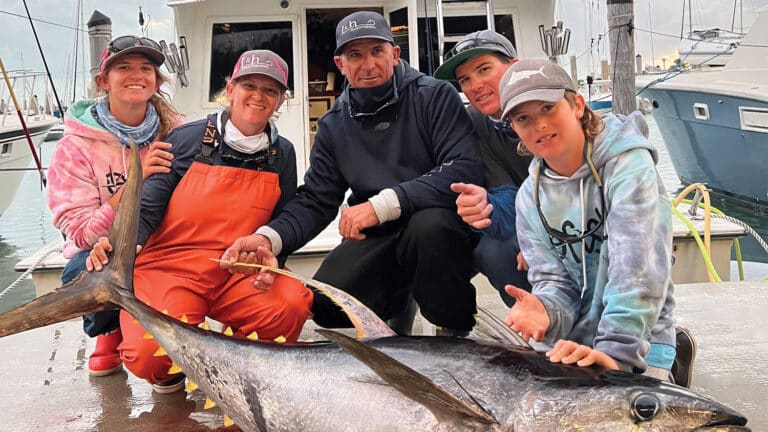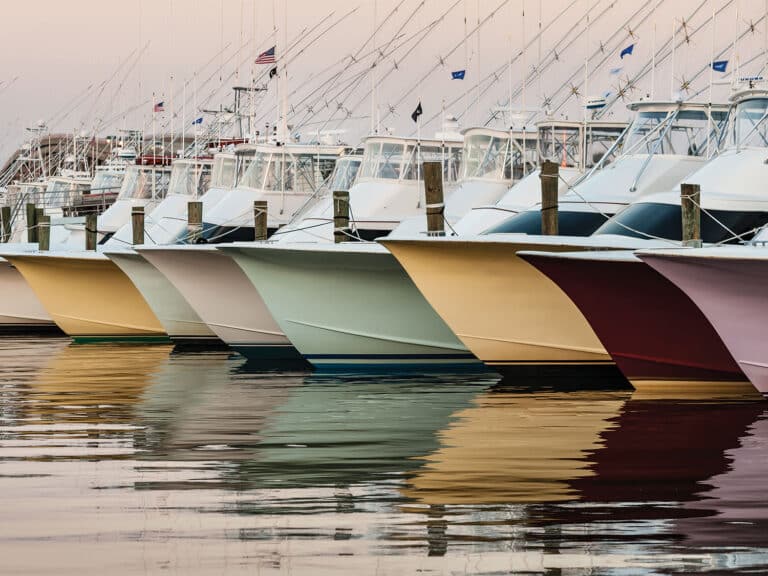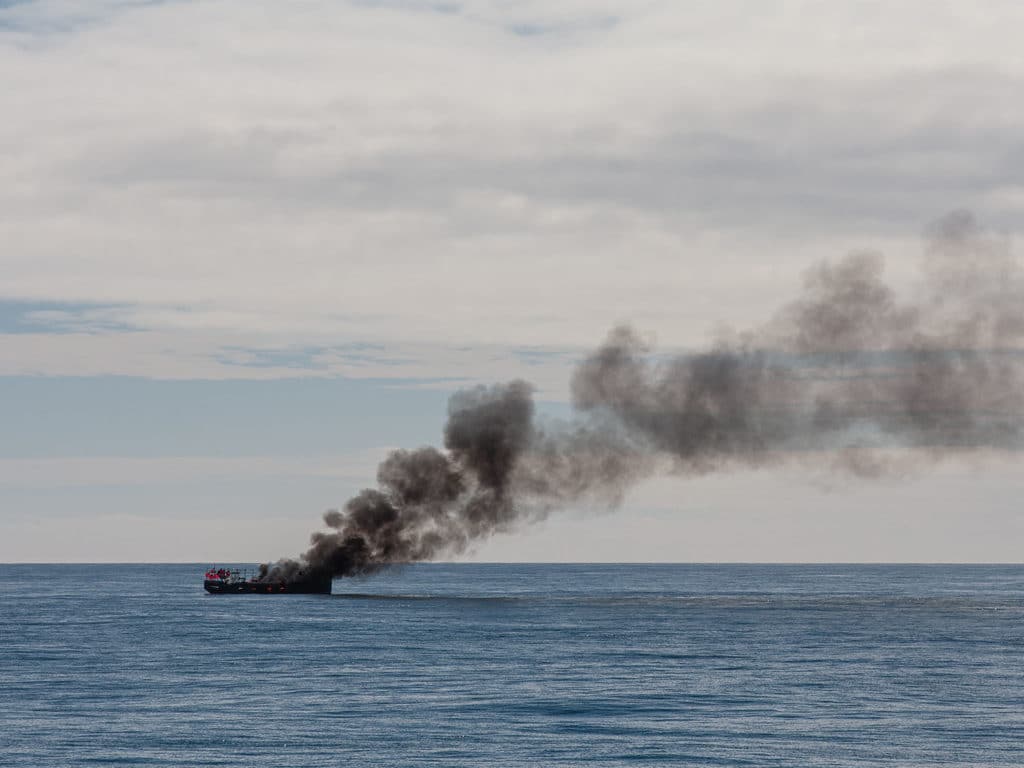
My father, Dr. Peter Watson, was on his way to the fishing grounds off Beaufort Inlet, North Carolina, in early May 2020 when he heard a mayday call over the VHF radio. He listened closely to the information and recorded the coordinates provided by the vessel in distress. He immediately realized the vessel was in close proximity to his location, and upon his speedy arrival to the scene, he found a capsized boat and three men clinging to a large Yeti cooler in the 63-degree water. The men and the Yeti were rescued and returned safely back to port, but not after an exhausting day, both mentally and physically.
“A person who voluntarily comes to the aid of another is protected from being sued for negligence so long as he acts with reasonable care.”
Raleigh P. Watson, ESQ.
Boaters often ask if they are required to assist in such a scenario and whether they open themselves up to liability if they do. These questions apply to the Good Samaritan rules, and as usual, there is not a straightforward answer that applies to all scenarios.
Legal or Moral Obligation?
The Good Samaritan rules are a doctrine of tort law based on the premise that a person who voluntarily comes to the aid of another is protected from being sued for negligence so long as he acts with reasonable care. As it applies to the sea, mariners have long understood they have a moral, if not legal, obligation to assist others in peril. The rule has been codified into law in Federal Statute 46 USC 2304, and it requires a master to render assistance if he can do so without serious danger to his vessel or individuals on board.
Watch: Learn to rig a bonito strip teaser.
Liability for a Rescuer
The unusual part about the Good Samaritan doctrine is that an aid giver can indeed be liable for damage or harm caused in a rescue attempt even though the actions were voluntary. This does not mean all efforts must be successful. As one court put it, a rescue attempt must be considered in the light of the circumstances that faced the rescuers when they acted and not with the wisdom of an “armchair admiral after the fact.”
Though somewhat counterintuitive, some courts have been more willing to impose liability on mariners who attempted a rescue than those who did not. However, a rescuer is held to a stricter standard of care than ordinary negligence. Under such a standard, most courts have found that a rescuer is not liable for harm suffered by the victim unless: 1) the rescuer’s negligence made the victim’s position worse; or 2) the rescuer engaged in reckless and wanton conduct. As a result, a rescue attempt should not exceed the abilities or training of the crew or the capabilities of the vessel unless dire circumstances dictate it.
How to Aid a Vessel in Distress
Good Samaritan vessels are often first to arrive on scene and can be crucial to the survival of those in distress. It is important to listen carefully to a mayday call when it comes over the radio and write down the coordinates and other pertinent information provided. The master should respond to the distressed vessel to let them know the mayday was heard and attempt to reach the Coast Guard. If contacted, request and await instructions as to how to proceed while traveling toward the scene.
Read Next: Boat survey deficiencies don’t necessarily have to kill the deal. Learn more here.
A vessel master must quickly develop a plan if instructions are not provided and communicate it with the crew, as well as those being rescued to the extent possible. It is wise to continue efforts to reach the Coast Guard and keep them informed of the progress if communication is ever established. Rescue attempts should be handled in a safe, coordinated and controlled manner, and priority should always be given to removing people from the water.
Mariners have always been encouraged to assist those in distress at sea. As a lifelong boater myself, I would not hesitate to assist a vessel in distress, and I know most readers of this magazine feel the same way. However, from a practical and legal standpoint, it is important to analyze every situation carefully and be sure not to harm your own crew, or put those being rescued in a worse position than they were in prior to your actions.
Raleigh P. Watson is a contributing author, and a Partner at Miller Watson Maritime Attorneys.

